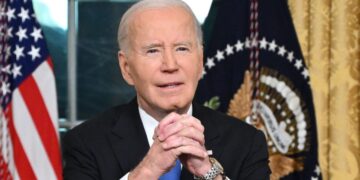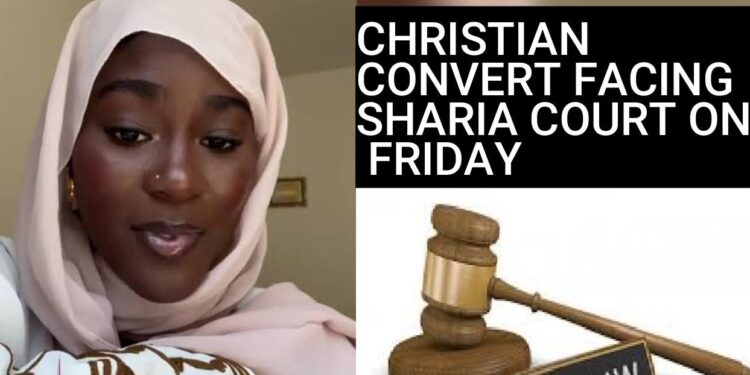A 22-year-old woman, Miss Zainab Muhamadu, is set to stand trial this Friday in a Sharia Court in Zamfara State, following her reported conversion from Islam to Christianity; a case that has sparked national and international outcry over religious freedom in Nigeria.
According to family sources, Zainab’s decision to embrace Christianity stemmed from a relationship formed with Pastor Samuel, a National Youth Service Corps (NYSC) member serving in her community. Described as respectful and compassionate, Pastor Samuel reportedly shared his faith with Zainab, leading to a deep spiritual connection between them.
Authorities arrested Zainab shortly after her conversion was discovered. She now faces charges under Sharia law, where apostasy; the act of renouncing Islam can carry the death penalty, though this has rarely been enforced in Nigeria.
Legal experts and human rights advocates have condemned the trial as a direct violation of the Nigerian Constitution, which guarantees every citizen the right to freedom of thought, conscience, and religion.
Human rights lawyers have emphasized that the issue transcends Zainab’s personal ordeal, calling it a test of Nigeria’s democratic values. They assert that in any true democracy, the freedom to choose one’s faith must never be treated as a crime.
Concerns have also been raised over whether Zainab can receive a fair trial in a state where Islamic law holds significant sway over judicial proceedings. Advocacy groups and Christian organizations are calling for urgent intervention, including efforts to transfer the case to a secular court on the grounds that Zainab’s new religious identity should exempt her from trial under Sharia jurisdiction.
Meanwhile, Pastor Samuel is said to be under emotional strain and has reportedly received threats, prompting calls for his protection and support.
The case underscores a broader debate about apostasy laws, which remain in force in several Islamic countries despite growing international pressure to abolish them. While traditional interpretations of Islamic law prescribe severe penalties for apostasy—drawn from Hadith rather than the Qur’an—many modern scholars argue that faith should be a personal and voluntary matter, not one punishable by law.
As Zainab awaits her court appearance, her fate has become a lightning rod in Nigeria’s ongoing struggle to balance religious pluralism, constitutional rights, and deeply rooted cultural and legal traditions.









































